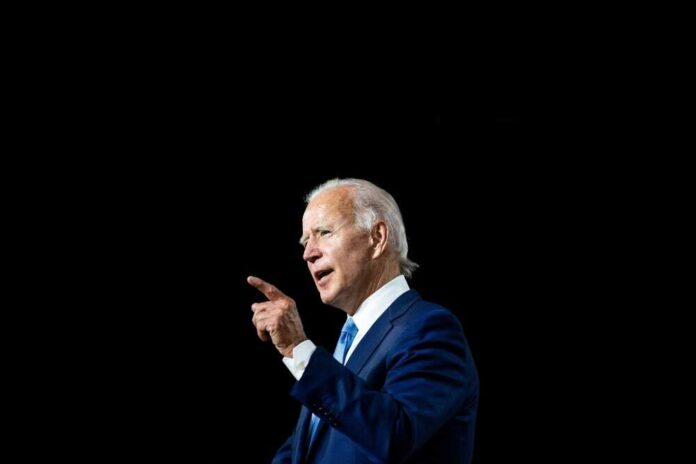On Tuesday, President Joe Biden vetoed a bipartisan bill that would have undone an executive order he issued last year instructing the Department of Commerce to delay enforcing tariffs on Chinese solar panel manufacturers for two years.
Democratic support helped the bill pass the House and Senate, while President Biden said it “bets against American innovation.”
The veto was only the third of Biden’s presidency.
In an effort to encourage investment in U.S. solar panel production capacity, the White House announced last year that President Biden would put a 24-month moratorium on the implementation of solar panel anti-circumvention tariffs.
The Solar Energy Industries Association (SEIA) reports that hundreds of solar projects were either postponed or scrapped entirely due to a supply chain shortfall brought on by tariffs imposed by the Trump administration in 2018.
Biden said the tariffs would undermine United States solar companies and their employees would be left in a state of great uncertainty. He said the resolution has his veto for that reason. When asked if he planned to renew the tariff freeze after June 2024, Biden said he did not.
After months of saying it would look into whether Chinese manufacturers were shipping solar panels through Southeast Asian countries to escape U.S. tariffs, the president took executive action in June 2022. The government released its early findings in December, showing that four major solar companies had shipped their goods through Cambodia, Malaysia, and Vietnam to avoid paying import taxes. This month should see the announcement of the Commerce Department’s conclusive findings.
A group of lawmakers led by Florida Republican Bill Posey and including Michigan Democrat Dan Kildee responded to the December findings by introducing a resolution to overturn Biden’s action in January. They argued that tariffs were necessary to protect the nascent U.S. solar industry, which is dwarfed by Chinese industry.
Republican Senator from Florida Rick Scott and Democratic Senator from West Virginia Joe Manchin introduced complementary legislation.
The House approved the resolution by a vote of 221-202 on April 28, and the Senate approved it by a vote of 56-41 on May 3. Biden vetoed it.
According to the International Energy Agency, Chinese enterprises account for more than 80% of the global solar panel market and oversee every step of the production process. Forcible labor has been linked to the Chinese solar sector, specifically in the province of Xinjiang.














